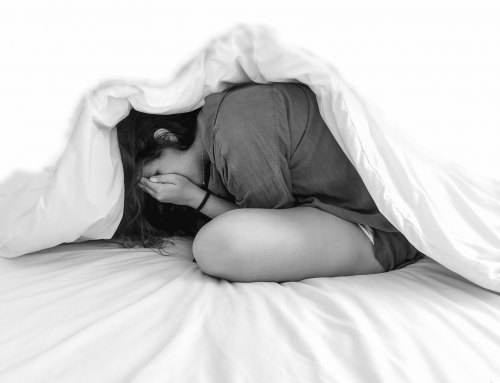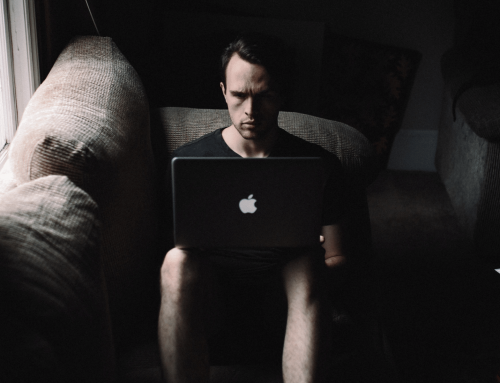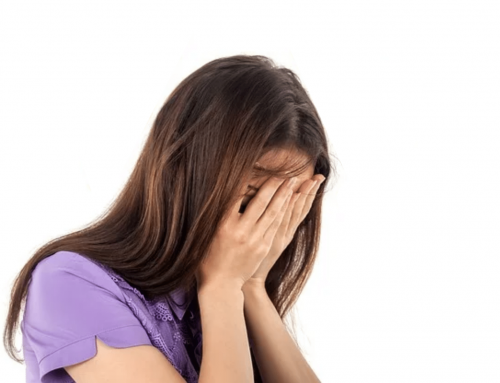What is it? How do I know if I have a difficulty?
Hoarding or keeping things is something most people can relate to. We live in a consumerist world where we can even spend money on storage options. Lots of people people enjoy collecting things, and running out of space in our homes is a familiar issue for many. So how can you decide if Hoarding has become a real problem either for yourself or someone you know?
The definition of Hoarding includes all of the following:
- Buying or acquiring things and having a difficulty throwing things away
- Your home becoming unusable
- Feeling distressed and/or finding it very difficult to take care of yourself, your family, or your home.
The key to deciding if it’s a real problem for you is whether the amount of things you have has become overwhelming – is it stopping you doing the things you want to do, or is your home so cluttered it’s become quite difficult to find things? Sometimes other people might be telling you to sort it out. If you are under pressure from family, friends, or neighbours then this could suggest it’s become a problem.Movie All Is Lost (2013)
Like all mental health problems, Hoarding is on a continuum – it’s probably quite hard to tell when it started to get out of hand, and you may always have had a tendency to collect, store or keep things. You may always have been the kind of person who could see the use in things that others were getting rid of, or been concerned about excessive waste, or the ‘throw away’ culture that has developed.
Some people will have difficulties with Hoarding as part of wider difficulties with obsessive-compulsive disorder (OCD). But it’s now known that Hoarding can be quite different, and for many there are no problems with obsessional thinking or compulsive behaviours.
People with Hoarding difficulties have a much greater likelihood of someone in their family also having Hoarding difficulties, with research suggesting 84% have a family history. People with Hoarding difficulties have a tendency not to seek out help. It’s not really known to what extent this is due to embarrassment or shame, or whether it may be associated with isolation & less emotional involvement with other people. Services have not always been experienced in working with people with hoarding difficulties and their particular needs, making it harder for people to get help. Hoarding has now been properly recognised as a mental health problem. Hopefully this means services will change, and the reaction people with hoarding difficulties receive will become more understanding, and less confrontational.
A large study found that Hoarding difficulties are quite common. About 1.5% of people have problems with Hoarding, and typically the development of it can be traced back to between ages 10-13 years old .
People often have thoughts or beliefs such as ‘I might regret letting that go’ or ‘It’s wasteful to throw things away’, or ‘I’ll sort through all of this when I get organised’. While there is nothing wrong with thoughts like these, sticking to them too rigidly can make it harder to get on top of your difficulties.
People with Hoarding problems often find themselves avoiding lots of different things, like opening post, household jobs, but particularly throwing things away. Avoiding disposal can feed the hoarding problem and make it harder to deal with.
Hoarding can cause really big problems, other than not being able to find the things you need, house fires, accidents, health problems can all be more likely. If things get really bad people are more likely to miss days off work, have trouble looking after their families, and risk eviction, or prosecution by environmental health.
What Helps?
Working out that you have a problem is a really important first step. Have a look at what you may be avoiding, and begin to reverse the pattern in small steps. Noticing the thoughts you have and treating them as open to question can be helpful.
Learning skills for organising, making decisions, having rules for sorting can all help. Prioritise where you need to clear first and stick with it. Setting a timer for yourself when sorting, this can help if you find yourself agonising over every decision. Once you’ve made some progress and have set aside things to throw away, give to charity shops or sell, then act quickly. It can be helpful to involve someone else at this point who can take the things away and dispose of them if that’s what you’ve decided. Don’t underestimate how hard this work is, it can be tiring, emotional, and quite overwhelming. Having someone else who appreciates the effort you are making and encourages you can be very supportive.
How to get more help?
The first step is to speak to your GP, or if you are worried about someone else, you can encourage them, or go with them to see their GP. Psychological treatment is available in the NHS.
There are several self-help groups around the country, but locally if you are interested then contact The Mary Frances Trust (Telephone: 01372 375400) as they facilitate a monthly group in Leatherhead, Surrey.
Deciding to do something about it is a really important first step. Having someone to support you is also a really good idea.
We are always happy to speak on the phone about options for treatment, whether NHS or private, and can offer cognitive behavioural therapy if you decide NHS care is not able to meet your needs.
1.Samuels, J., Bienvenu, O.J., Riddle, M.A., Cullen, B.A., Grados, M.A., Liang, K.Y., Hoehn-Saric, R. & Nestadt, G. (2002). Hoarding in obsessive compulsive disorder: results from a case-control study. Behavior Research Therapy, 40(5):517-528.
2.Nordsletten, A.E., Fernández de la Cruz, L., Billotti, D., & Mataix-Cols, D. (2013). Finders keepers: the features differentiating hoarding disorder from normative collecting. Comprehensive Psychiatry, 54, 229–237.
3.Mackin, R.S., Arean, P.A., Delucchi, K.L., & Mathews, C.A.(2011).Cognitive functioning in individuals with severe compulsive hoarding behaviors and late life depression. International Journal of Geriatric Psychiatry, 26, 314-321.






